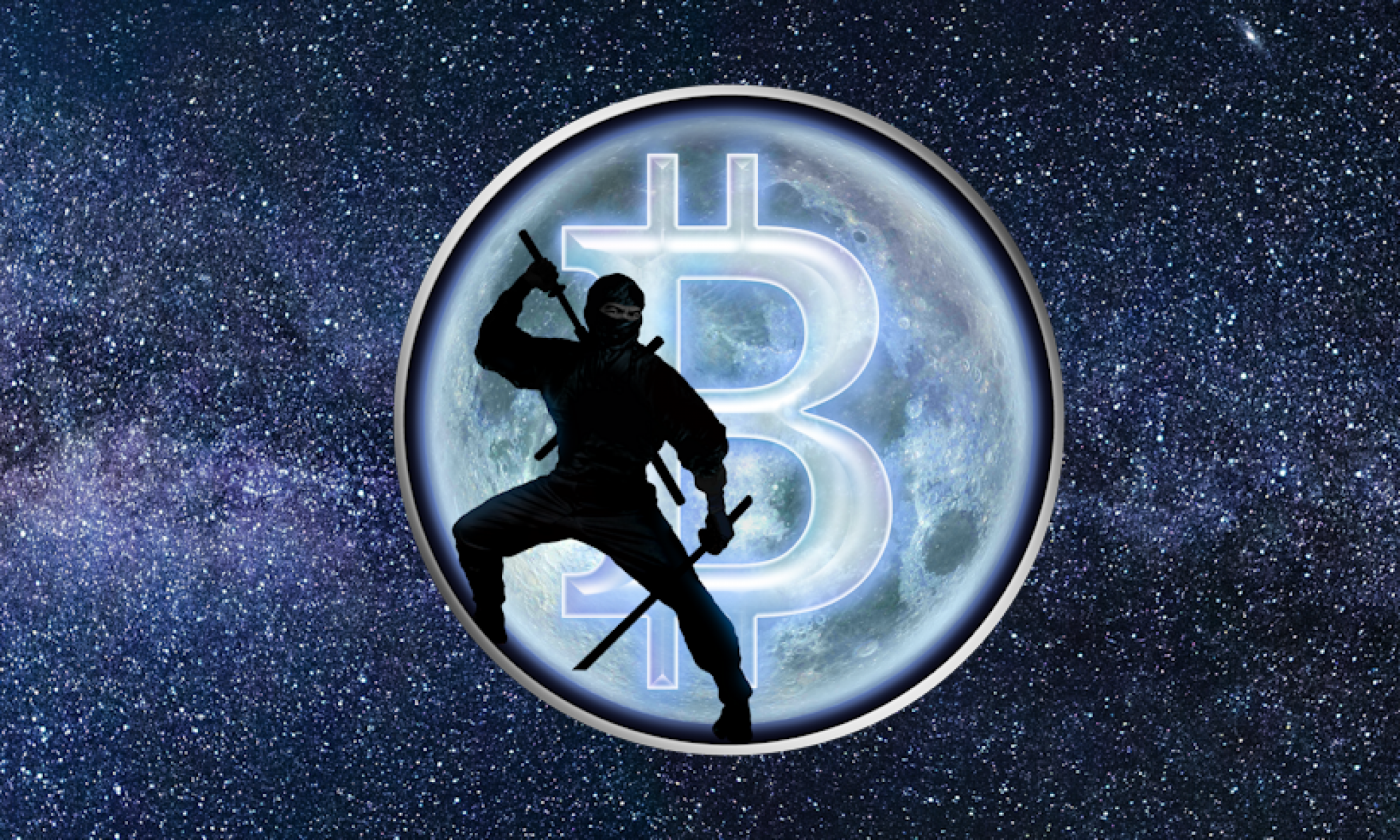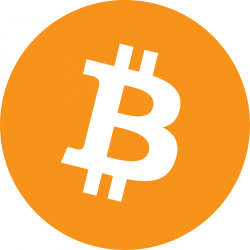En el ámbito de las criptomonedas, el término Coin y Token (Moneda y Ficha) se utilizan mucho y, a menudo, se usan indistintamente. Muchos piensan que son lo mismo, pero en realidad son dos conceptos completamente diferentes.
No existe una definición exacta globalmente aceptada para un Coin o un Token, pero la mayoría de las personas, incluido Andreas Antonopoulos y yo entendemos bajo estos conceptos lo siguiente:
Coin
Las Coins (monedas) son criptomonedas que se crean en su propia red nativa y operan en sus propias cadenas de bloques independientes.
Bitcoin (BTC), por ejemplo, es una moneda que opera y funciona en su propia cadena de bloques.
Token
Mientras que una Coin (moneda) tiene su propia cadena de bloques, un Token (ficha) es lo contrario: una criptomoneda que no tiene su propia cadena de bloques y opera dentro de otra cadena de bloques.
Existen ciertas plataformas blockchain que permiten que otros proyectos creen aplicaciones sobre su protocolo. El ejemplo más conocido es Ethereum, que permite a los usuarios crear, emitir y administrar Tokens.
Debido a que Ethereum permite crear Smart Contracts (programas que se ejecutan sobre la blockchain) se abre la posibilidad de crear un programa que simule una moneda. El estandar en Ethereum para crear un Token es el ERC-20. Un contrato en Ethereum se programa en Solidity y tiene un codigo similar al siguiente:
pragma solidity ^0.4.16;
/**
*
* Contract for the management of ERC20 tokens, source: https://www.ethereum.org/token
*
*/
interface tokenRecipient { function receiveApproval(address _from, uint256 _value, address _token, bytes _extraData) public; }
contract TokenERC20 {
// Public variables of the token
string public name;
string public symbol;
uint8 public decimals = 18;
// 18 decimals is the strongly suggested default, avoid changing it
uint256 public totalSupply;
// This creates an array with all balances
mapping (address => uint256) public balanceOf;
mapping (address => mapping (address => uint256)) public allowance;
// This generates a public event on the blockchain that will notify clients
event Transfer(address indexed from, address indexed to, uint256 value);
// This notifies clients about the amount burnt
event Burn(address indexed from, uint256 value);
/**
* Constrctor function
*
* Initializes contract with initial supply tokens to the creator of the contract
*/
function TokenERC20(
uint256 initialSupply,
string tokenName,
string tokenSymbol
) public {
totalSupply = initialSupply * 10 ** uint256(decimals); // Update total supply with the decimal amount
balanceOf[msg.sender] = totalSupply; // Give the creator all initial tokens
name = tokenName; // Set the name for display purposes
symbol = tokenSymbol; // Set the symbol for display purposes
}
/**
* Internal transfer, only can be called by this contract
*/
function _transfer(address _from, address _to, uint _value) internal {
// Prevent transfer to 0x0 address. Use burn() instead
require(_to != 0x0);
// Check if the sender has enough
require(balanceOf[_from] >= _value);
// Check for overflows
require(balanceOf[_to] + _value > balanceOf[_to]);
// Save this for an assertion in the future
uint previousBalances = balanceOf[_from] + balanceOf[_to];
// Subtract from the sender
balanceOf[_from] -= _value;
// Add the same to the recipient
balanceOf[_to] += _value;
Transfer(_from, _to, _value);
// Asserts are used to use static analysis to find bugs in your code. They should never fail
assert(balanceOf[_from] + balanceOf[_to] == previousBalances);
}
/**
* Transfer tokens
*
* Send `_value` tokens to `_to` from your account
*
* @param _to The address of the recipient
* @param _value the amount to send
*/
function transfer(address _to, uint256 _value) public {
_transfer(msg.sender, _to, _value);
}
/**
* Transfer tokens from other address
*
* Send `_value` tokens to `_to` in behalf of `_from`
*
* @param _from The address of the sender
* @param _to The address of the recipient
* @param _value the amount to send
*/
function transferFrom(address _from, address _to, uint256 _value) public returns (bool success) {
require(_value <= allowance[_from][msg.sender]); // Check allowance
allowance[_from][msg.sender] -= _value;
_transfer(_from, _to, _value);
return true;
}
/**
* Set allowance for other address
*
* Allows `_spender` to spend no more than `_value` tokens in your behalf
*
* @param _spender The address authorized to spend
* @param _value the max amount they can spend
*/
function approve(address _spender, uint256 _value) public
returns (bool success) {
allowance[msg.sender][_spender] = _value;
return true;
}
/**
* Set allowance for other address and notify
*
* Allows `_spender` to spend no more than `_value` tokens in your behalf, and then ping the contract about it
*
* @param _spender The address authorized to spend
* @param _value the max amount they can spend
* @param _extraData some extra information to send to the approved contract
*/
function approveAndCall(address _spender, uint256 _value, bytes _extraData)
public
returns (bool success) {
tokenRecipient spender = tokenRecipient(_spender);
if (approve(_spender, _value)) {
spender.receiveApproval(msg.sender, _value, this, _extraData);
return true;
}
}
/**
* Destroy tokens
*
* Remove `_value` tokens from the system irreversibly
*
* @param _value the amount of money to burn
*/
function burn(uint256 _value) public returns (bool success) {
require(balanceOf[msg.sender] >= _value); // Check if the sender has enough
balanceOf[msg.sender] -= _value; // Subtract from the sender
totalSupply -= _value; // Updates totalSupply
Burn(msg.sender, _value);
return true;
}
/**
* Destroy tokens from other account
*
* Remove `_value` tokens from the system irreversibly on behalf of `_from`.
*
* @param _from the address of the sender
* @param _value the amount of money to burn
*/
function burnFrom(address _from, uint256 _value) public returns (bool success) {
require(balanceOf[_from] >= _value); // Check if the targeted balance is enough
require(_value <= allowance[_from][msg.sender]); // Check allowance
balanceOf[_from] -= _value; // Subtract from the targeted balance
allowance[_from][msg.sender] -= _value; // Subtract from the sender's allowance
totalSupply -= _value; // Update totalSupply
Burn(_from, _value);
return true;
}
}Esto seguro puede confundir aun mas, pero la idea principal es que este Smart Contract crea un Token dentro de la blockchain de Ethereum.
Veamos algunos ejemplos:
Coins
- Bitcoin
- Ethereum
- Litecoin
- Monero
- Digibyte
Tokens
- Tether (corre sobre Ethereum)
- Chainlink (corre sobre Ethereum)
- USDC (corre sobre Ethereum)
- BUSD (corre sobre Binance Smart Chain)
Como identificar los Coins y Tokens?
Si no estas seguro de si una criptomoneda es una Coin o un Token puedes hacer lo siguiente para identificarlos:
Anda a CoinMarketCap.com y busca la cripto que te intersea, dale click y luego revisa las informacion que se mostrará. Si es una Coin debería indicar coin y si es un Token debe indicar token y además mostrar la dirección pública del smart contract.


Conclusión
| Coin | Token |
| Las monedas se ejecutan de forma independiente en su propia cadena de bloques | Los tokens se ejecutan sobre otra cadena de bloques que no controlan. |
| La mayoría de las monedas se utilizan principalmente como forma de pago. | Los tokens tienen un propósito diferente. La oferta y variedad de funciones y casos de uso son específicos al ecosistema de los diferentes proyectos. |
| Las monedas generalmente se crean a través del proceso llamado minería o staking. | Los tokens generalmente se crean y distribuyen al público en general a través de ICO (ofertas iniciales de monedas). |

